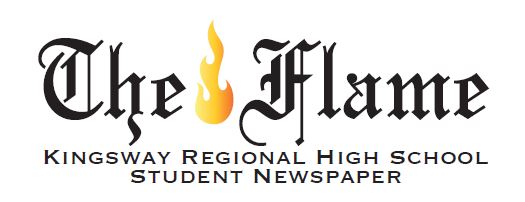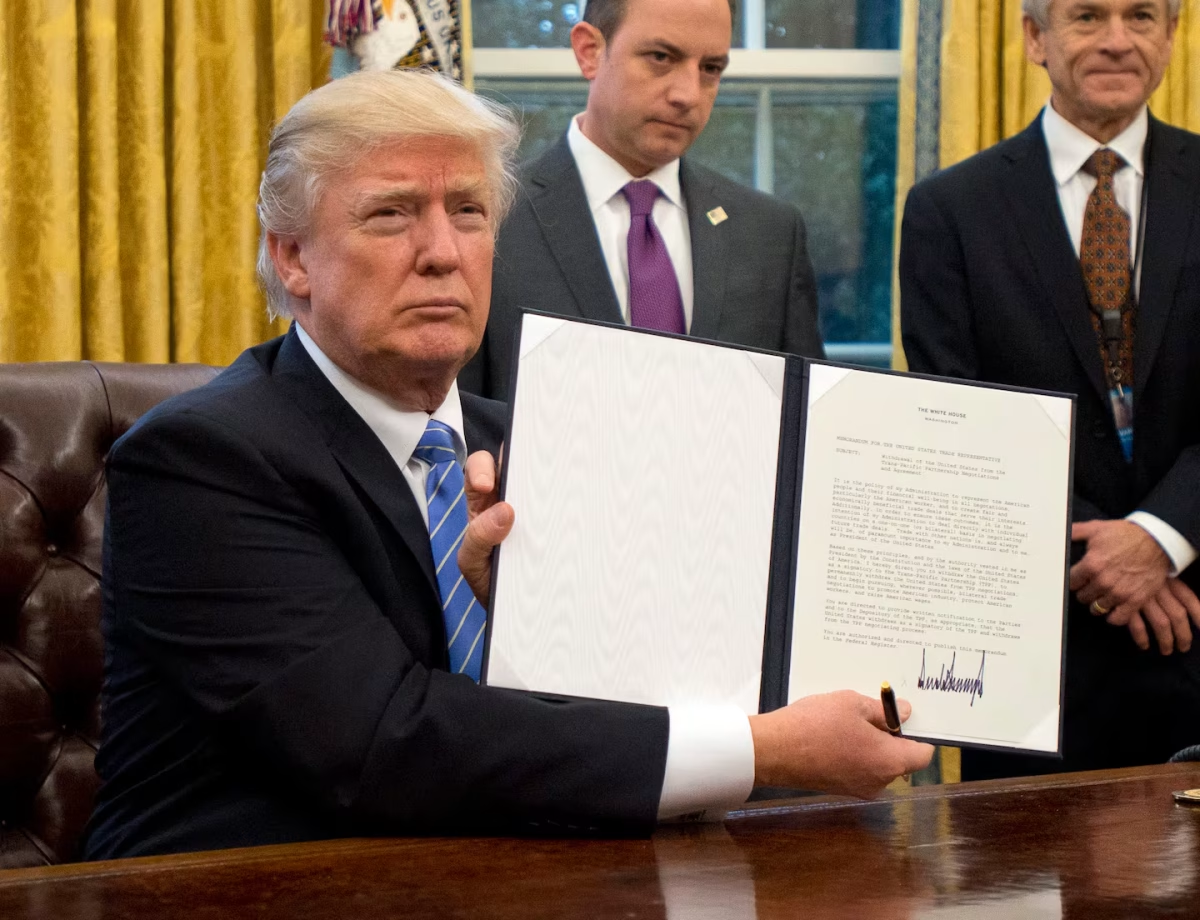In November of 2024, former President Donald J. Trump won re-election against former Vice President Kamala Harris with a final electoral college vote of 312 to 226. His inauguration occurred on January 20, 2025, where he rescinded seventy-eight previous executive orders and signed into action over twenty new ones—more than any other President on his first day. His orders included some highly debated and discussed topics as well as minor declarations.
DECLARING A NATIONAL EMERGENCY AT THE SOUTHERN BORDER OF THE UNITED STATES: President Trump declared a national emergency at the southern US border, claiming the need for as much usage of the Armed Forces as the Secretary of Defense sees fit. His concern stemmed from the existence and uprising of “cartels, criminal gangs, known terrorists, human traffickers, smugglers, unvetted military-age males from foreign adversaries, and illicit narcotics” (the White House) on the southern border. President Trump also highlights in this declaration the right for the Secretaries of Defense and Homeland Security to construct physical barriers and counter unmanned aerial systems as appropriate for the safety of American citizens and personnel at the border.
PROTECTING THE MEANING AND VALUE OF AMERICAN CITIZENSHIP: On his first day, President Trump declared an executive order, stressing the importance of upholding the Fourteenth Amendment—which extended citizenship to all those born or naturalized in the United States—by staying true to its statement that the citizenship is awarded if the individual is “subject to the jurisdiction thereof [the United States]” (the White House). His policy stated that the United States government cannot recognize or give citizenship documents to individuals whose mother was unlawfully present and whose father was not a US citizen or unlawfully present in the US. In addition, if the mother was in the country lawfully but under a temporary status, the individual cannot receive these documents.
DECLARING A NATIONAL ENERGY EMERGENCY: President Trump declared the emergency by pointing out his thoughts on the current inadequate capacity, identification, and use of the nation’s energy resources, saying that foreign actors have been the main cause of these inadequacies. He stresses the expansion of U.S. energy resources and claims that the emergency is most prevalent in the country’s Northeast and West Coast. His order marks several emergency approvals and actions that need to be taken as well as sections regarding the impact on natural and animal welfare.
PUTTING AMERICA FIRST IN INTERNATIONAL ENVIRONMENTAL AGREEMENTS: Trump expressed a great need to put America’s needs above all else in international situations. In his order, he declared, “In recent years, the United States has purported to join international agreements and initiatives that do not reflect our country’s values or our contributions to the pursuit of economic and environmental objectives” (the White House). Due to this lack of prioritization and waste of American money, his policy drew America out of the Paris Agreement—a global treaty regarding efforts to mitigate, adapt to, and finance climate change— took the country out of all other agreements or pacts by the United Nations Framework Convention on Climate Change (UNFCCC), and revoked any U.S. financial responsibilities to the UNFCCC. This order began his goal to “prioritize economic efficiency, the promotion of American prosperity, consumer choice, and fiscal restraint” (the White House) for foreign energy policies.
WITHDRAWING THE UNITED STATES FROM THE WORLD HEALTH ORGANIZATION: The United States withdrew from the World Health Organization (WHO) in 2020 under the first presidency of Donald Trump. In 2021, this withdrawal was revoked by former President Joe Biden. On January 20th of this year, President Trump once again withdrew from the U.S. from the WHO on account of their previous inability to effectively deal with the COVID-19 pandemic and other demands of “unfairly onerous payments from the United States, far out of proportion with other countries’ assessed payments” (the White House). The WHO is an agency of the United Nations that regulates global public health and is vital in health crises; it provides a unified stance on global health emergencies, natural disasters, disease outbreaks, and pandemics.
These few executive orders were some of the highlights of his first day, and since then, President Trump has enacted numerous new orders and laws, still doing so today.

